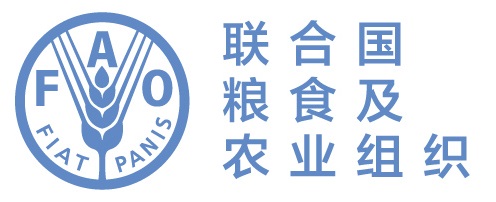国际林业检疫研究小组在粮农组织总部召开第21届年会
Posted on Tue, 05 Nov 2024, 09:18
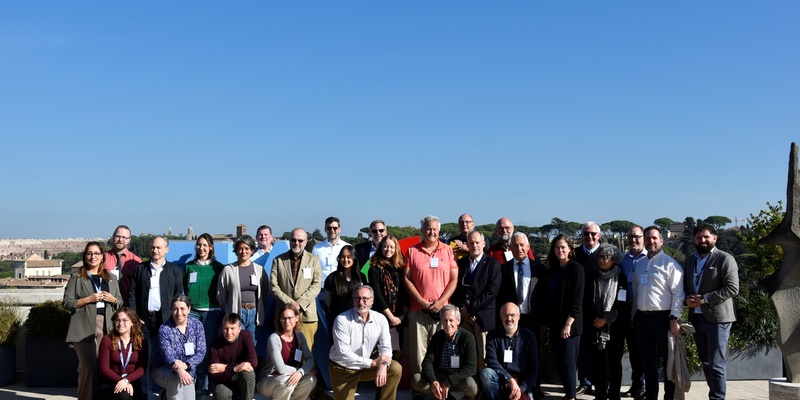
Participants at the 21st Annual International Forestry Quarantine Research Group (IFQRG) Meeting in FAO HQ. ©IPPC
罗马,2024年11月4日。第21届国际林业检疫研究小组(下称“IFQRG”)年会在联合国粮食及农业组织(FAO)总部召开。本次会议由国际植物保护公约(下称“IPPC”)主办,会议将从2024年11月4日一直持续至8日。
本届年会在线下举行,为2018年以来首次。来自全球各地的专家齐聚一堂,共同探讨林产品贸易中存在的植物检疫问题以及相应的应对方案。IFQRG在新冠疫情期间曾成功举办线上会议,而此次线下会议则将为15个国家的30余名代表提供更加深入的交流机会。此外,大会也安排了两场线上会议。
IFQRG致力于提供科学分析、促进各界讨论、推动合作研究,以支持全球植物健康领域发展,特别是林产品贸易中的植检管理。其成员包括世界各地的科学界、产业界及植检组织代表。
本届会议议程涵盖多个紧迫议题,包括为支持国际标准制定进行的前期研究、为制定植检处理方法进行的基础研究、用于检测和诊断的分子工具、林产品处理技术的开发与评估等。此外,还将有一个专门会议讨论与国际木材碎片和木质包装材料运输相关的植检问题。
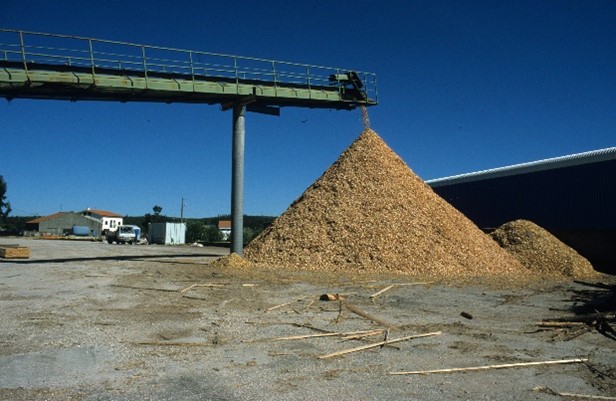
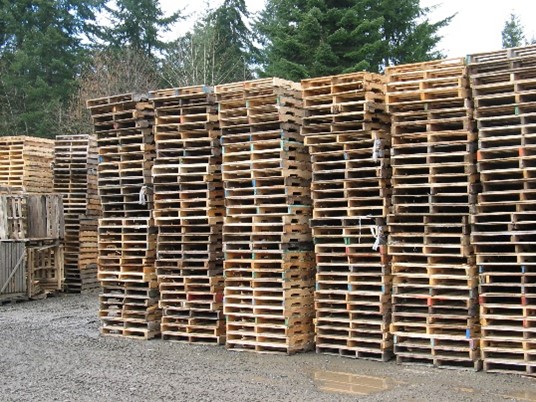
木材碎片制造和木质包装材料——托盘。©Thomas Schroder
此外,会议期间还将举行一场特别活动,正式发布联合国粮农组织《林业植物检疫标准实施指南——第2卷》。这是对2011年首次出版的《指南》新近完成的修订。更新后的指南将提供清晰简洁的指导内容,有望进一步支持有害生物防治工作,并将有助于各方理解IPPC在林业中所起的作用。
IFQRG自2004年成立以来,一直与IPPC及其附属机构保持着长期合作关系,对植物检疫措施委员会和标准委员会提出的科学咨询予以回应。IFQRG在上述合作过程中发挥了重要作用,为植检标准制定提供了科学支持,特别是针对国际贸易中木质包装材料管理的ISPM 15标准。IFQRG为相关标准2009年的修订提供了植检处理指导意见,并协调制定了最新的ISPM 15标准介电加热处理指南材料,提交给标准实施与能力建设委员会。
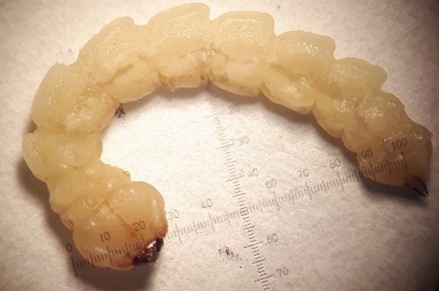
用于热处理测试的翡翠灰螟(Agrilus planipennis)幼虫,以解决林产品中的木材蛀虫问题。©Meghan Noseworthy
IFQRG的研究和分析成果在ISPM 15标准的修订过程中发挥了关键作用,为溴甲烷熏蒸处理方案的更新、木质包装材料树皮含量的限定、介电加热和硫酰氟处理方法的研究与应用提供了科学支持,并为编写ISPM 15标准有关植检处理方法制定要求的附件提供了科学数据和讨论基础。随着全球贸易持续增长,IFQRG与IPPC的合作对全球森林资源保护和植检标准制定仍将发挥重要作用。
